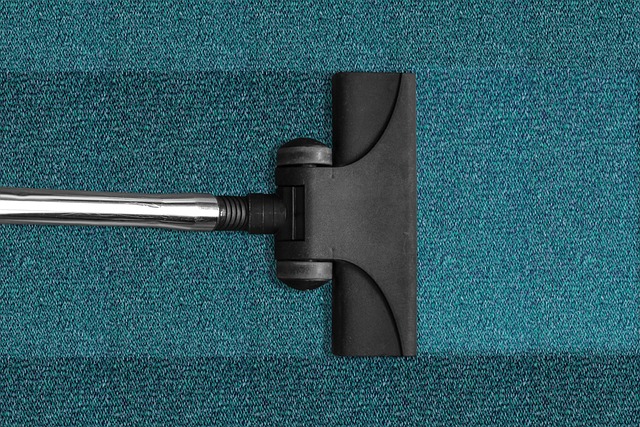Regular drain cleaning is essential for maintaining healthy plumbing systems, preventing clogs, slow drains, and water damage. Proactive measures like using drain covers, regular maintenance, and eco-friendly products can address common culprits like hair, grease, hard water deposits, and tree roots. Professional drain cleaning services use specialized equipment to clear buildup, enhancing drainage efficiency and fostering a cleaner environment. Choosing between chemical and natural cleaners depends on quick results versus safety and environmental impact. Long-term drain health requires regular flushing, covers, and dietary adjustments; annual professional deep cleaning is recommended. Avoiding common mistakes like improper chemical use and neglecting maintenance prevents persistent blockages. When complex issues arise, professionals offer advanced tools and expertise for effective, thorough drain cleaning.
Professional drain cleaning is a crucial aspect of maintaining any property, preventing costly damage and ensuring smooth operations. This comprehensive guide delves into the world of drainage issues, offering insights on understanding common problems, the benefits of regular cleaning, and effective tools for professionals. From identifying and preventing clogs to exploring chemical vs. natural solutions, this article covers everything you need to know about drain cleaning, empowering you to keep your drains clear and efficient.
Understanding Common Drainage Issues
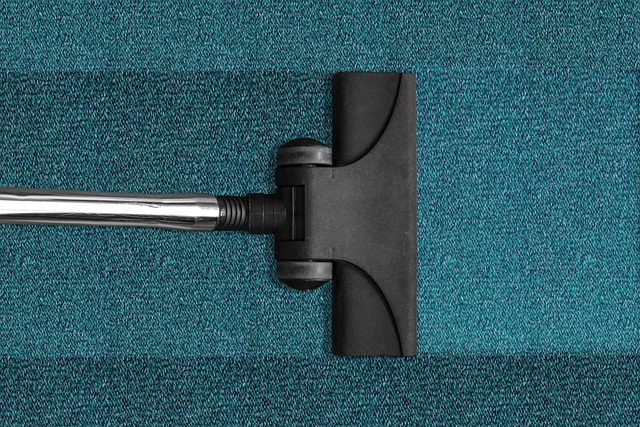
Many common drainage issues can often be overlooked or ignored until they become severe. From hair and grease buildup to tree root intrusions, these problems can lead to clogs, slow drains, and even water damage if left unattended. Regular drain cleaning is essential to maintaining a healthy plumbing system. Identifying potential issues early on allows for preventative measures to be taken, saving time, money, and preventing further complications.
By understanding the typical culprits behind drainage problems—like hard water deposits, soap scum, or invasive plant roots—homeowners and professionals can employ effective cleaning methods. Preventative care, such as using drain covers, regular maintenance, and eco-friendly cleaning products, plays a significant role in keeping drains in good condition. Proactive drain cleaning practices ensure optimal drainage, maintaining the efficiency of plumbing systems and promoting a cleaner, healthier environment.
The Importance of Regular Drain Cleaning

Regular drain cleaning is an essential aspect of home maintenance that often goes overlooked until clogs and blockages become persistent issues. Over time, drains accumulate a variety of debris including grease, hair, food particles, and even hard water deposits. These substances can congeal and solidify within pipes, leading to slow drainage or complete obstructions. Professional drain cleaning services employ specialized equipment and techniques to thoroughly clear these buildup, restoring optimal drainage and preventing potential plumbing disasters.
By scheduling regular professional drain cleanings, homeowners can avoid costly emergency repairs and ensure the longevity of their plumbing systems. Moreover, regular cleaning helps maintain the efficiency of water flow, which is crucial for preventing sewer backups and associated health hazards. Keeping drains clean also contributes to a healthier living environment by reducing the risk of foul odors and pest infestations that often arise from blocked or stagnant water.
Tools and Equipment for Effective Drain Cleaning
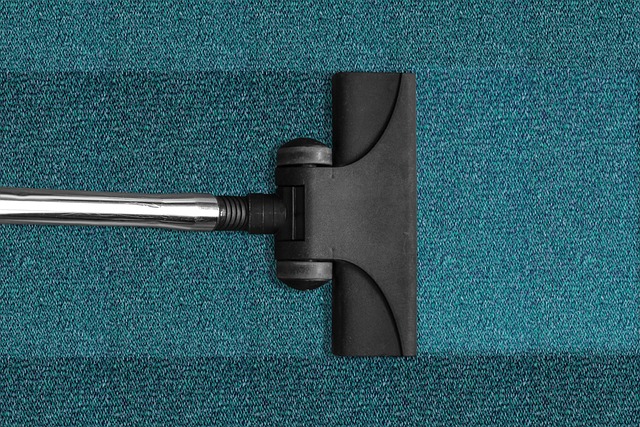
Professional drain cleaning requires a range of specialized tools and equipment to ensure effective and efficient clearing. Among the essential tools are drain snakes or augers, which are flexible metal cables that can be inserted into drains to break up and dislodge clogs. These devices come in various lengths and sizes, allowing technicians to navigate tight spaces and reach obstructions deep within the pipe.
Another crucial piece of equipment is the high-pressure water jetter, a powerful tool that uses a stream of hot water under immense pressure to blast away buildup and blockages. This method is particularly effective for removing stubborn grease, tree roots, and other debris that can cause significant drain clogs. Additionally, professionals often employ video inspection cameras to visually inspect drains, identifying the source and severity of clogs, and guiding the selection of the most appropriate cleaning methods.
Step-by-Step Guide to Professional Drain Cleaning
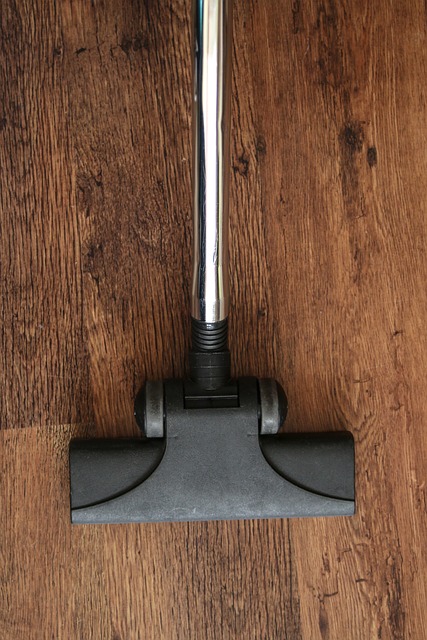
Professional drain cleaning involves a systematic process to ensure efficient removal of debris and buildup, promoting smooth drainage. It begins with an initial inspection to identify blockages or signs of damage. Technicians then assemble their tools, which often include specialized high-pressure water jets, drain snakes (mechanized cables), and chemical solutions designed to dissolve clogs.
The process starts by inserting a camera down the drain to visualize any obstructions. Once located, a combination of methods is employed. High-pressure water jets are used to blast away stubborn debris, while drain snakes are maneuvered into hard-to-reach areas to break up or retrieve blockages. Chemical solutions are carefully applied according to type and severity of the clog, helping to dissolve grease, soap scum, and other common culprits. After clearing the drain, technicians perform a final flush with water to ensure smooth flow and may offer maintenance tips for ongoing drain care.
How to Identify and Prevent Clogs

Identifying and preventing clogs is a crucial aspect of maintaining efficient drain systems. Regularly checking for signs of clogs, such as slow-draining water or strange noises, can help catch issues early. If a clog is detected, professional drain cleaning services should be considered to eliminate any obstructions.
Preventive measures include avoiding pouring grease down sinks and using drain covers to catch hair and other debris. Regularly scheduling professional cleanouts can also significantly reduce the risk of clogs, ensuring your drains stay clear and flowing smoothly.
Chemical vs. Natural Drain Cleaning Solutions

When it comes to drain cleaning, the choice between chemical and natural solutions is a significant one. Chemical drain cleaners have long been the go-to option for their quick and effective results in clearing clogs and unblocking drains. These products typically contain strong acids or bases that can dissolve hair, grease, and other common blockages. However, they pose potential safety risks and environmental concerns due to their corrosive nature.
In contrast, natural drain cleaning solutions offer a safer and more eco-friendly alternative. Home remedies such as baking soda and vinegar, for instance, create a chemical reaction that can effectively clear drains without the harmful effects of commercial chemicals. These natural methods are not only non-toxic but also cost-effective. They provide an excellent option for homeowners who prioritize environmental sustainability and wish to avoid exposure to aggressive chemicals.
Tips for Maintaining Clear Drains Long-Term
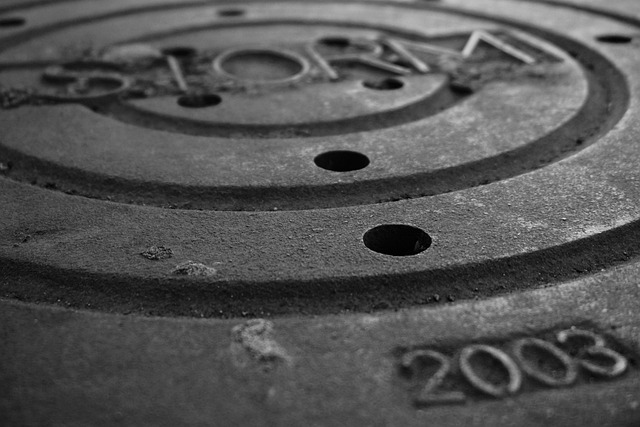
To keep your drains clear and functional long-term, implement these simple maintenance tips. Regularly flushing your drains with hot water can help prevent hair, grease, and other debris from building up. Consider using a drain cover or guard to catch large particles before they enter the drain. Additionally, avoid pouring greasy foods, coffee grounds, or fatty products down the sink, as these substances solidify in cold water and can lead to clogs.
For deep cleaning, schedule professional drain cleaning services at least once a year. These experts use powerful tools and chemicals to clear out stubborn buildup and ensure optimal drainage. Remember, proactive measures and regular maintenance are key to avoiding costly clogs and keeping your plumbing system running smoothly.
Common Mistakes to Avoid During Drain Cleaning
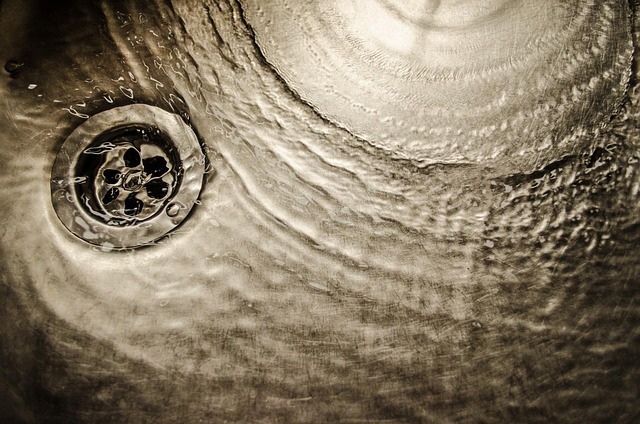
When tackling drain cleaning, it’s easy to fall into common pitfalls that can leave your drains more blocked than ever. One of the biggest mistakes is using chemical cleaners without proper ventilation; not only is this hazardous but it can also damage your pipes over time. Always ensure good airflow and wear protective gear when using harsh chemicals.
Another mistake is ignoring the buildup of grease, food scraps, and hair. These substances solidify in cold water and form a sticky residue that can quickly clog drains. Regular maintenance involves clearing these obstructions to prevent serious blockages. Additionally, never pour hot water down the drain immediately after using chemical cleaners; this can cause sudden contractions and further damage. Always allow natural flushing mechanisms time to work before resorting to more aggressive cleaning methods.
The Role of Professionals in Complex Drainage Problems
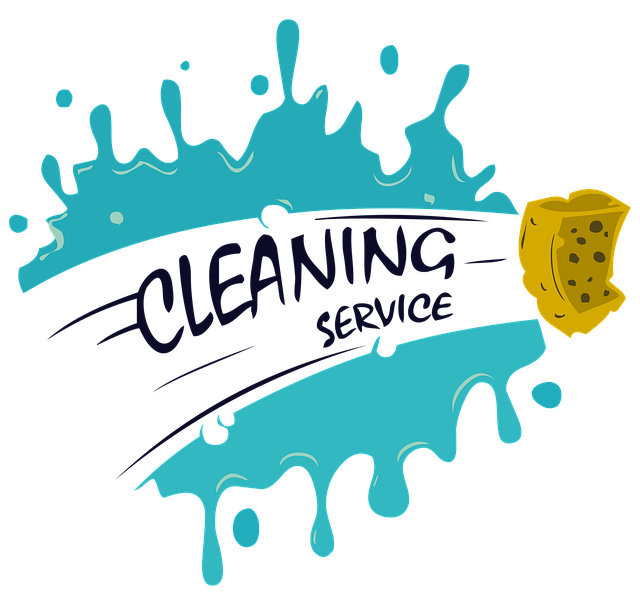
When dealing with complex drainage problems, it’s often best to turn to professionals for effective and lasting solutions. These experts are equipped with advanced tools and technologies designed specifically for drain cleaning and unblocking. They have the knowledge and experience to navigate intricate plumbing systems, identifying the root cause of clogs or blockages, whether it’s tree roots, built-up debris, or broken pipes.
Professionals also offer a deeper clean that goes beyond surface-level solutions. They can access hard-to-reach areas, ensuring every inch of your drainage system is thoroughly cleaned and maintained. Regular professional drain cleaning not only prevents costly repairs but also ensures your home or business remains free from unpleasant clogs and the associated health risks.
